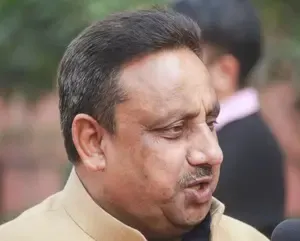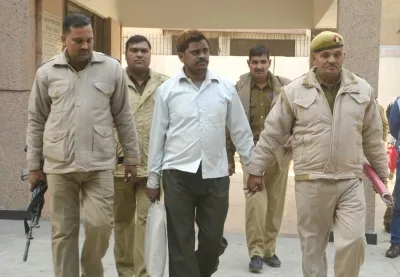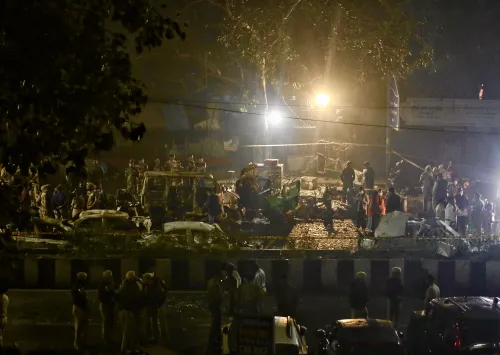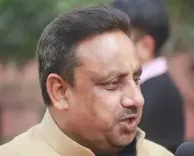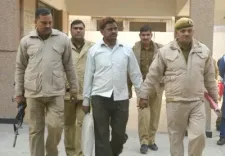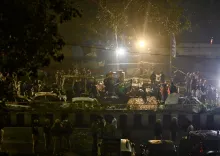Justice Subramaniam Accuses TN Government of Disrespecting Madras High Court in Tasmac Case
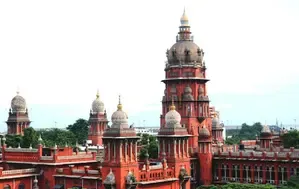
Synopsis
Key Takeaways
- Justice S.M. Subramaniam criticized TN government's actions.
- Government sought transfer of Tasmac cases to Supreme Court.
- Questions motives: public interest vs. protecting officials.
- Judge highlighted disrespect towards the High Court.
- ED's late counter-affidavit led to petitioners' request for more time.
Chennai, April 8 (NationPress) Justice S.M. Subramaniam of the Madras High Court has vehemently condemned the actions taken by the state government regarding the case involving the Tamil Nadu State Marketing Corporation (Tasmac).
Justice S.M. Subramaniam highlighted that the state government, while agreeing to discuss a series of cases concerning the Enforcement Directorate’s (ED) search and seizure operations at the Tasmac headquarters, simultaneously sought the Supreme Court's intervention for transferring these cases.
While presiding over a Division Bench with Justice K. Rajasekar, Justice Subramaniam questioned the government's motives, inquiring whether it aimed to protect the public interest or merely shield certain Tasmac officials under ED investigation.
Addressing the state government pleader, Edwin Prabhakar, the judge stated, “You are undermining the court proceedings. You are showing disrespect and insulting the High Court.”
In defense, the State Government Pleader argued that the writ petitions were filed for the state’s welfare and to safeguard the rights of individual citizens.
He clarified that the ED had provided a 46-page counter-affidavit only on the evening of March 30, a Sunday, necessitating extra time for the petitioners to prepare a comprehensive response before commencing arguments.
Nonetheless, Justice Subramaniam recalled that during the April 1, 2025, hearing of the writ petitions, the court had documented the petitioners’ agreement to finalize pleadings by April 7 and begin the final arguments on April 8.
He questioned why, after consenting to that timeline, the state approached the Supreme Court without notifying the High Court.
“The government could have revealed its intentions either on April 1 or at least when the cases were scheduled at 11 a.m. today. However, it opted to disclose the filing of the transfer petition only after the cases were postponed and taken up post noon,” the judge remarked.
He further commented, “Thus, you have consented to a final hearing here, and behind our backs, you have submitted a transfer petition to the Supreme Court.”
While recognizing the government’s right to approach the Supreme Court, Justice Subramaniam stressed that the manner in which the transfer petition was filed was neither just nor appropriate.
aal/rad

